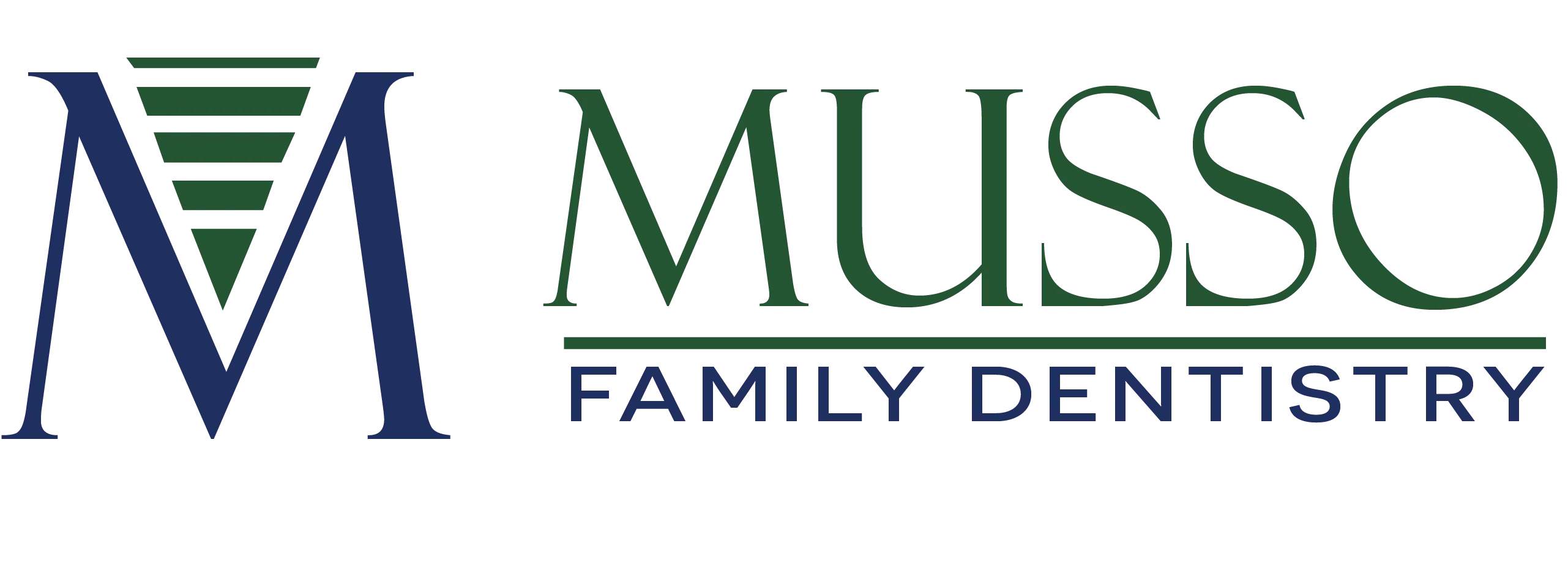Snoring Therapy
Snoring therapy is a specialized treatment aimed at reducing or eliminating snoring, which occurs when airflow is partially obstructed during sleep, causing the tissues in the throat to vibrate. This therapy encompasses various approaches, including lifestyle changes, the use of oral appliances, continuous positive airway pressure (CPAP) devices, and, in some cases, surgical interventions.
Lifestyle changes involve weight loss, avoiding alcohol before bedtime, or sleeping in different positions. Oral appliances, fitted by our dentist in Garland, TX, help to keep the airway open by repositioning the jaw or tongue. CPAP devices deliver a steady stream of air through a mask to keep the airway open. Surgical options might be considered for more severe cases.
The importance of snoring therapy lies in its ability to improve sleep quality, reduce the risk of sleep apnea, and enhance overall health and well-being. By addressing snoring, individuals can experience better rest, decreased daytime fatigue, and a lower risk of complications such as cardiovascular disease, making it a crucial aspect of sleep health management.
Causes of Snoring
- Blocked nasal passages, enlarged tonsils, or a deviated septum
- Increased fat around the neck putting pressure on the airway
- Relaxation of throat muscles due to alcohol consumption
- Relaxation of throat muscles from sedatives
- Sleeping on the back causing the tongue and soft tissues to block the airway
- Irritation and inflammation of the airways from smoking
- Loss of muscle tone and elasticity in the throat with age
- Anatomical abnormalities such as a long uvula, a thick soft palate, or a naturally narrow airway
- Nasal congestion and throat tissue swelling due to allergies
- Repeated blockage of the airway during sleep, which is often associated with sleep apnea
Types of Snoring Therapy
Lifestyle and Behavioral Changes
Lifestyle and behavioral changes are often the first line of defense against snoring. These modifications address some of the most common factors that contribute to snoring, such as obesity, alcohol consumption, and sleep position.
Weight loss can significantly reduce snoring, mainly if excess weight around the neck contributes to airway obstruction. Adjusting sleep position can also be effective; sleeping on one's side instead of the back helps prevent the tongue and soft tissues from collapsing into the throat, which can reduce snoring. Additionally, avoiding alcohol and sedatives, which relax the throat muscles and increase snoring, can be beneficial. Smoking cessation is another important lifestyle change, as smoking irritates and inflames the airways, exacerbating snoring. These non-invasive adjustments can lead to noticeable improvements in snoring and overall sleep quality.
Oral Appliances
Oral appliances, also known as mandibular advancement devices (MADs), are custom-made devices designed to address snoring by repositioning the lower jaw or tongue. These appliances are handy for individuals with mild to moderate snoring or those with obstructive sleep apnea.
Oral appliances work by advancing the lower jaw slightly, which helps keep the airway open and prevents the collapse of soft tissues in the throat. Custom-fitted by our dentist, these appliances are worn during sleep and can effectively reduce snoring without requiring surgery. They are also a good option for individuals who are not suitable candidates for CPAP therapy or prefer a less intrusive method.
Continuous Positive Airway Pressure (CPAP)
Continuous Positive Airway Pressure (CPAP) therapy is a well-established obstructive sleep apnea treatment, often associated with severe snoring. The CPAP machine delivers a continuous airflow through a mask worn over the nose or mouth. This steady airflow keeps the airway open, preventing the collapse of soft tissues and reducing snoring.
CPAP therapy is highly effective for individuals with moderate to severe obstructive sleep apnea and can significantly improve both snoring and overall sleep quality. While CPAP requires consistent use and adjustment to fit comfortably, it is a proven solution for managing more serious snoring-related conditions and improving long-term health outcomes.
Nasal Congestion Treatments
Various treatments can provide relief for snorers whose issues are primarily related to nasal congestion or obstructed nasal passages. Nasal strips placed on the outside of the nose help open nasal passages and improve airflow, making breathing easier through the nose and reducing snoring. Nasal decongestants, available over the counter or with a prescription, reduce inflammation and congestion in the nasal passages, allowing for clearer breathing.
Additionally, using a humidifier in the bedroom can add moisture to the air, which helps soothe dry or irritated nasal passages and can alleviate congestion. These treatments benefit individuals whose snoring is exacerbated by nasal congestion rather than structural issues in the throat.
Surgical Options
Surgical options may be considered when other treatments are ineffective or if anatomical abnormalities cause snoring. Surgical interventions aim to remove or reduce obstructive tissues and improve airway flow. Uvulopalatopharyngoplasty (UPPP) is one such procedure that involves the removal of excess tissue from the throat, including the uvula, soft palate, and throat tissues, to widen the airway.
Another option is genioglossus advancement (GA), which repositions the tongue muscle attachment to prevent airway collapse. Radiofrequency ablation (RFA) is a minimally invasive procedure that uses radiofrequency energy to shrink and reduce excess throat tissue. These surgical options are generally considered when other treatments have failed, and they can provide long-term solutions for severe snoring and obstructive sleep apnea. Contact us today to learn more.
The Importance of Snoring Therapy
Snoring therapy in Garland, TX, is crucial for several reasons. First, it improves sleep quality for the snorer and their partner, improving overall health and well-being. Chronic snoring can disrupt sleep patterns, leading to daytime fatigue, irritability, and reduced cognitive function. By addressing snoring, individuals can experience more restful sleep and increased energy levels during the day.
Second, effective snoring therapy can help identify and manage underlying conditions, such as obstructive sleep apnea, which is associated with an increased risk of cardiovascular disease, high blood pressure, and diabetes. By treating snoring and its underlying causes, individuals can reduce their risk of these severe health conditions and improve their long-term health outcomes.
Finally, snoring therapy can enhance relationships by reducing the impact of snoring on partners and improving overall quality of life. Snoring can cause significant relationship disruptions, leading to sleep disturbances and decreased intimacy. Addressing the issue through appropriate therapy can restore harmony and improve relationship satisfaction.
If snoring is affecting your health or relationships, visit Musso Family Dentistry at 513 W. Centerville Rd, Garland, TX 75041, or call (972) 840-8477 to explore the best treatment options for your needs and take the first step toward a quieter, healthier sleep. Whether it's lifestyle changes, oral appliances, CPAP therapy, or surgical solutions, we can help you achieve restful sleep and improve your quality of life.
Braces
Clear Aligners
Botox
Cosmetic Dentistry
Dental Implants
Sleep Apnea Therapy
Dental Veneers
Dental Technology
Chairside Monitors
Cone Beam CT Imaging
Intraoral Cameras
iTero® Intraoral Scanner
Panorex X-Rays
Your First Visit
Dental Cleanings and Exams
General and Family Dentistry
Wax-Up Tooth Models
Night Guards
Tooth-Colored Dental Fillings
Dentures and Partials
Dental Crowns
Dental Bridges
Restorative Dentistry
Orthodontics
Root Canal Therapy
Periodontal Therapy
Oral and Systemic Health
Pediatric Dentistry
TMJ Therapy
Sedation Dentistry
Products
Digital X-Rays
Tooth Extractions
Smile Makeover
Teeth Whitening
Tooth Contouring
Dental Bonding
Visit Our Office
Office Hours
- MON7:00 am - 4:30 pm
- TUE7:00 am - 4:30 pm
- WED7:00 am - 4:30 pm
- THU7:00 am - 4:30 pm
- FRIClosed
- SATClosed
- SUNClosed

